
How ZOE is shaping the future of healthcare
November 16, 2021

This article has not been updated recently
- The story behind the ZOE COVID Study app
- Crowd science: the power of many
- Help us understand more about health
- Have your say: what should we be researching?
- Get involved in the future of health research
Digital tools like the ZOE COVID Study app are changing the way we do health research. Discover the story behind the app, and find out how to get involved and help tackle the health conditions that matter most to you.
The story behind the ZOE COVID Study app
ZOE grew out of the long-term TwinsUK research project led by Professor Tim Spector at King’s College, which has been following 15,000 twins over the past 30 years to understand more about genetics and health.
Based on intriguing observations that even identical twins seemed to have differences in how they respond to the same foods, Tim and his collaborators worked together with the team at ZOE to set up PREDICT - the largest in-depth nutrition study in the world.
PREDICT is using digital tools like apps and wearable blood glucose and activity monitors to understand our unique responses to food, and how factors like our gut microbes, food choices, sleep and exercise affect our metabolism. You can find out more about our nutrition work over at joinzoe.com.
When the COVID-19 pandemic struck in March 2020, Tim and his colleague Dr Claire Steves realised that we urgently needed a way to allow members of the public and researchers to report the symptoms of this strange new disease and track its spread - and that ZOE’s app developers and data scientists could help.
We built the ZOE COVID Study app in a matter of days, launching just before the first UK lockdown. It went viral (literally), quickly gathering more than a million contributors in the UK, US and Sweden. And the rest is history.
Crowd science: the power of many
Since the ZOE COVID Study launched, millions of daily health reports, test results, vaccine logs and survey responses have made a major impact on our understanding of COVID-19.
We’ve published our findings in some of the world’s leading peer-reviewed scientific journals and provided regular reports to help shape the pandemic response at the highest level.
For example:
- We were one of the first studies to show that loss of smell (anosmia) was highly predictive of having COVID, leading to updated guidance for testing
- We also found that sudden confusion (delirium) was a key symptom in older people, leading to a change in medical guidelines
- We showed that we could predict COVID from symptoms alone - a vital insight in the early days when testing wasn’t widely available
- We were the first to predict the appearance of regional hotspots in near-real time, faster than other national surveys
- We were able to define six distinct ‘types’ of COVID, based on clusters of symptoms, and predict who was most at risk of ending up in hospital - information that was shared nationally with doctors to help prepare for the UK’s second wave in Autumn 2020
- We showed that around one in twenty people end up with COVID symptoms that last for eight weeks or more, and discovered who’s most at risk of developing long COVID
- And we were able to monitor the real world impact and after effects of COVID vaccines as they rolled out
It all adds up to a transformative way of doing health research, with millions of ‘sofa scientists’ taking part from the comfort of their own home.
“There was some scepticism among the scientific community at the beginning of the project, that it wasn’t possible to do robust research through an app. But our experience with the ZOE COVID Study has shown that if you use the right kind of digital technology and ask the right kind of questions to a big enough group of people, we can do meaningful, good science in a way that makes a difference to health,” says Claire Steves from King's College London, one of the scientists working with the app.
“We’ve had to modify our questions and data methods as we’ve gone along, adapting as the pandemic changes and evolves. It’s been challenging at times, but this flexible approach has enabled us to ask new questions as the situation changes so we can always be gathering the most relevant data.”
Changing the future of health research
Online tools like the ZOE COVID Study app are changing the way we do health research. We’re part of a brand new emerging field known as ‘digital epidemiology’, analysing data contributed by many thousands of people to spot the underlying trends and patterns that are relevant to health and disease.
Not only is this a lot faster and simpler than traditional studies, the widespread adoption of digital technology - particularly through the pandemic - means that it’s easier than ever for people to take part in research and keep an eye on their own health in the process.
Our experience with the ZOE COVID Study app over the past 18 months shows that we can gain vital insights into one health condition. So why stop there?
Have your say: what should we be researching?
We recently asked all our app contributors if they’d like to get involved in further health research. So far, more than 650,000 have said yes - thank you!
Over the coming months we’ll tell you more about the studies we’re launching and how you can take part, so watch this space.
This is a collaborative effort, and we want to make sure that we’re researching the health conditions that matter most to our contributors.
We’ll be running an expert webinar on the 2nd December looking in more detail about how we’re planning to use the app for wider health studies, and how this kind of large-scale digital research can transform our understanding of health and disease.
You can have your say by asking a question for our experts once you register, and we’ll try and answer as many as possible during the webinar:
It’s also really important that we keep everyone clearly informed about what’s happening and the discoveries we’re making. So we’ll keep on reporting our findings directly through the app and on our blog.
Get involved in the future of health research
If you want to join us in fighting other important health issues beyond COVID-19, just open the ZOE COVID Study app and follow the questions to opt in, if you haven’t done so already. And if you’re not already a contributor and would like to get involved, simply download the app, register an account and start logging.
“The COVID-19 pandemic was a moment in history when suddenly we were all stressed by something that was disrupting us, but it was also a stimulus for developing new ways of doing things,” says Claire.
“It’s fantastic for researchers to be able to work collaboratively together with developers and data scientists to ask new questions and do research in a way that wasn’t possible before. We want to put together everything we’ve learned to change the way we do science and to help people live healthier lives.”
Thank you to every single one of you who have got us this far. Now, let’s see what else we can do!




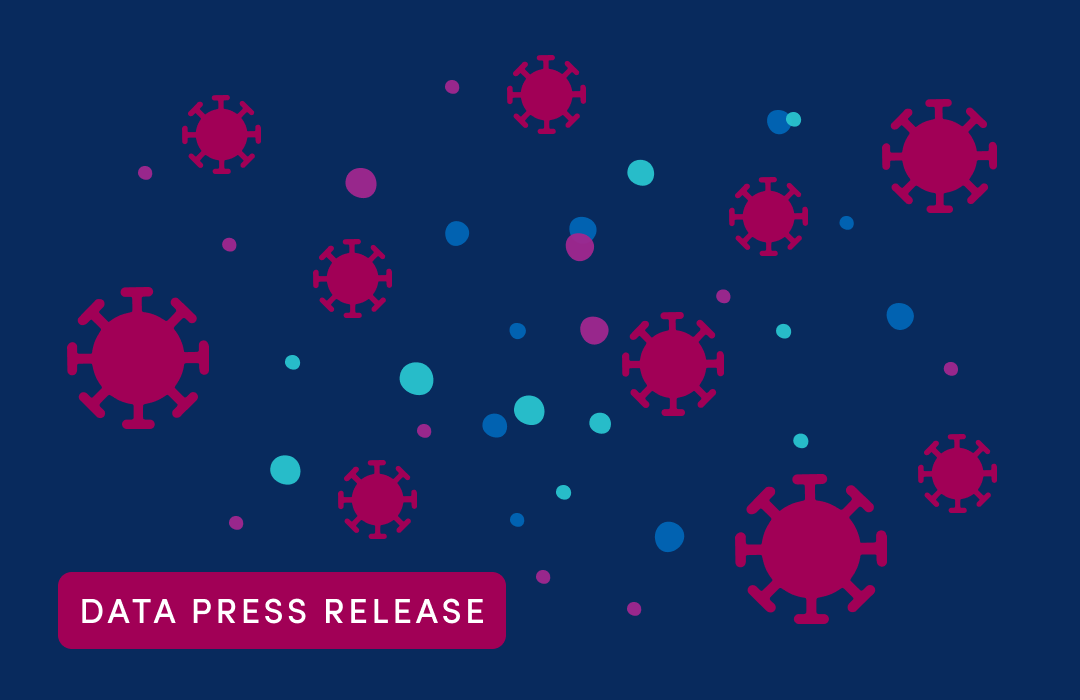







.png)


.jpg)







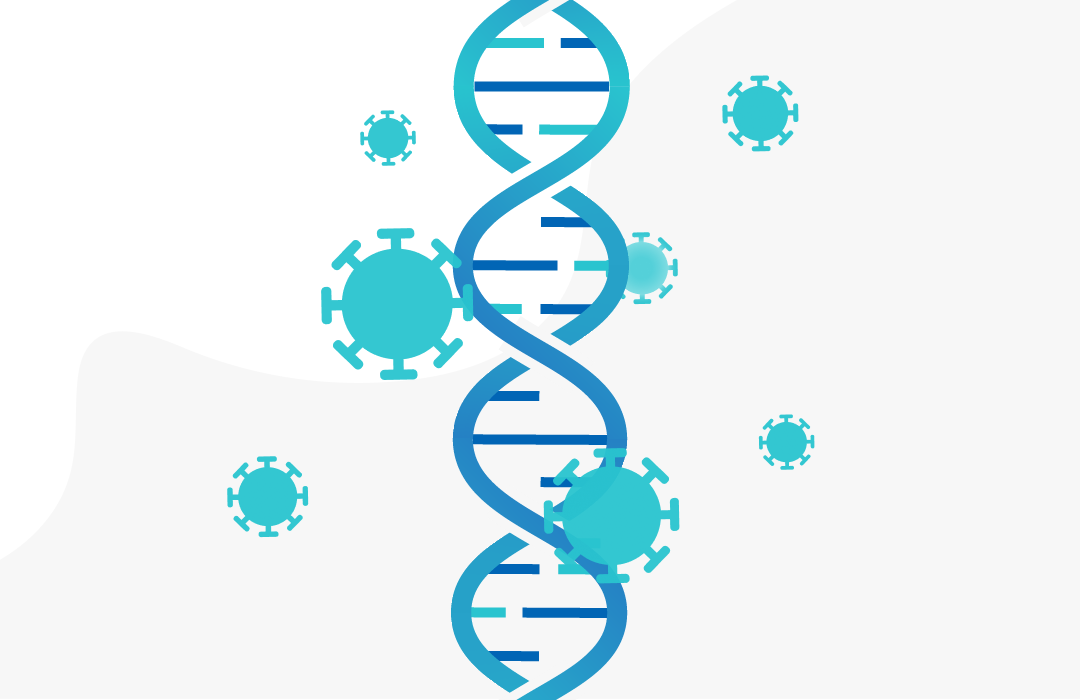
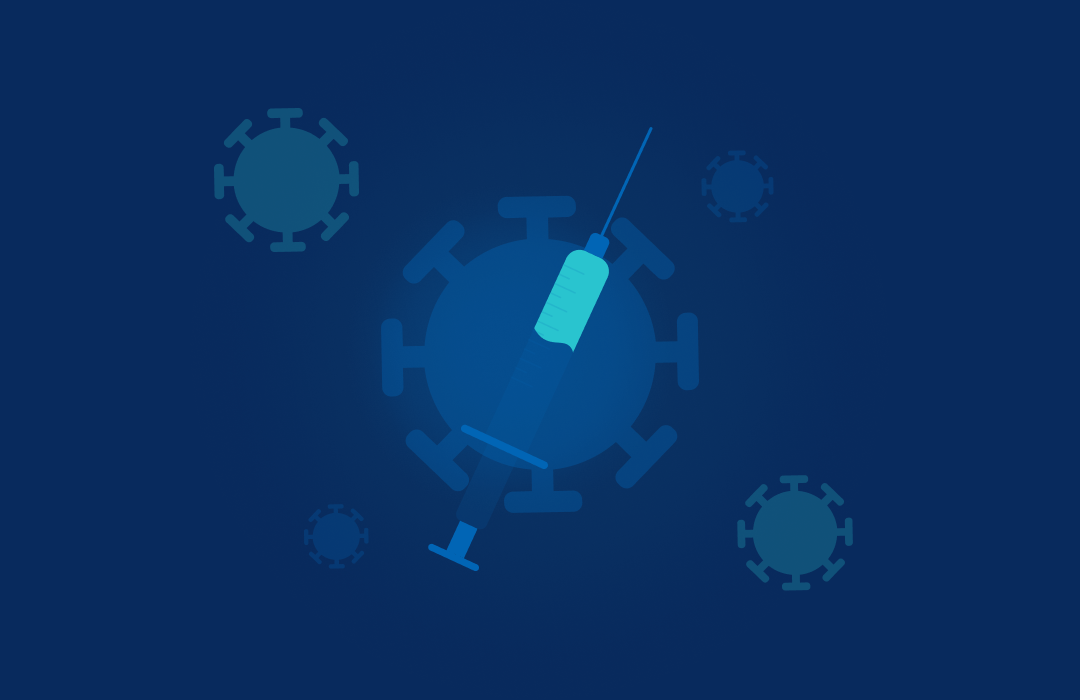
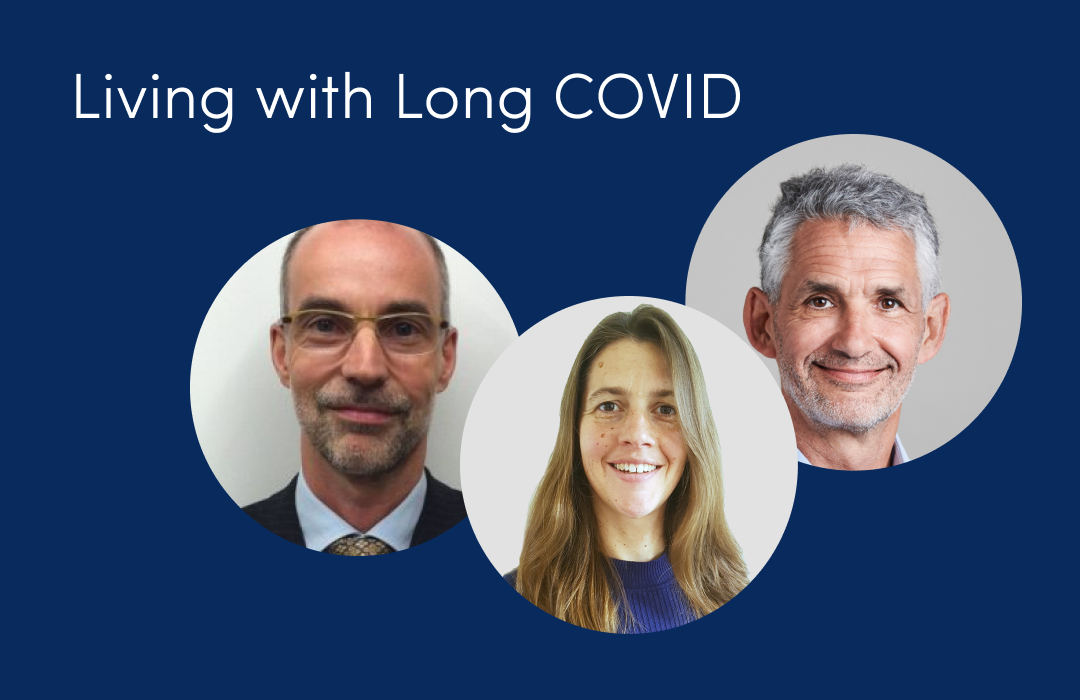



.png)







%202.png)
.png)








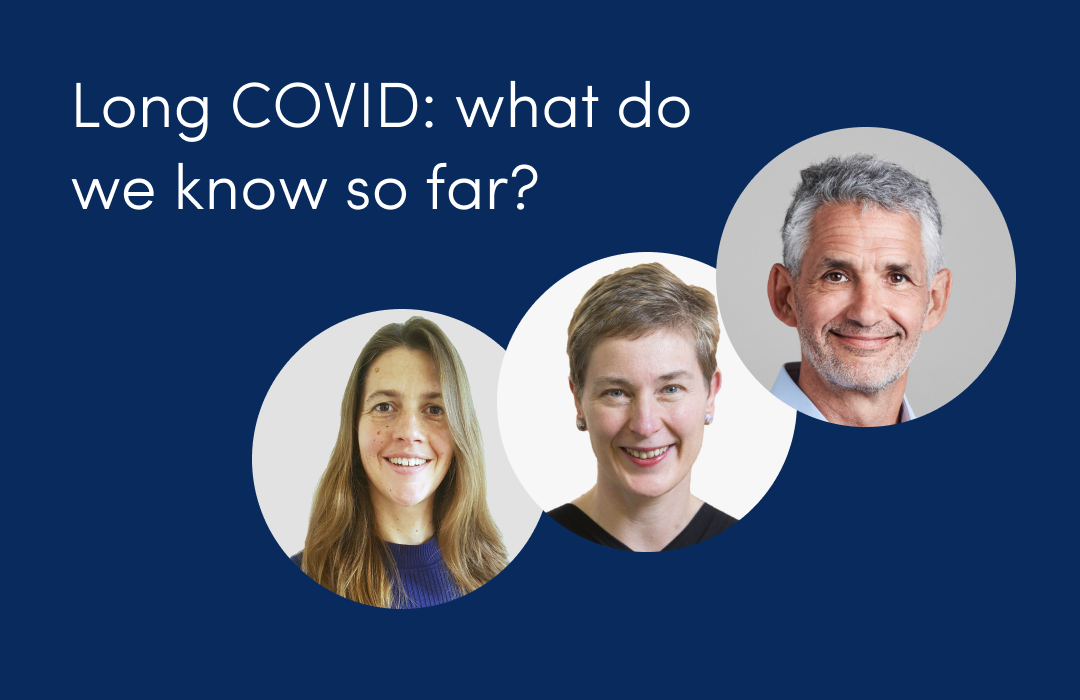









.png)




%20(1).png)


